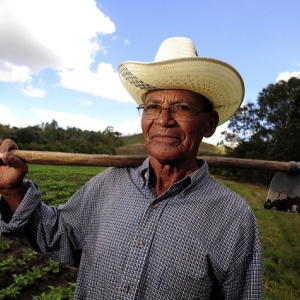
A group of researchers from the University of Michigan’s Sustainable Food Systems Initiative has called for a new approach to solving food system problems, based on the intersection of four key areas: the ecology of agroecosystems, equity on a global and local scale, cultural dimensions of food and agriculture, and human health.
In the paper, they outline the importance of each of these aspects:
- Agricultural ecology is important for providing ecosystems services.
- Equity is important because many people do not have enough access to food, despite an abundance of food in some regions. Environmental change is expected to particularly impact smallholder farmers.
- Human culture affects many aspects of the food system, including diets, production and trade.
- Human health is affected by availability and quality of food, for example through non-communicable diseases such as stroke and heart disease, and through micronutrient deficiencies and poor food hygiene.
Abstract
The current global food system is inadequate to meet the needs of the current world population without compromising future well-being. For example, current intensified production systems lead to undernutrition in some regions coupled with epidemics of obesity in others while compromising their underlying ecological foundations, such as creating areas of ocean hypoxia. Such common observations challenge the research community to ask new types of basic questions and apply novel analytical frameworks for analyzing them. Elaboration of an integrated applied research agenda is imperative to addressing these global food system challenges. We propose that core competencies of a new analytical framework lie at the intersection of four domains: (1) the ecology of agroecosystems; (2) equity in global and local food systems; (3) cultural dimensions of food and agriculture; and (4) human health. This intersection constitutes a new analytical framework for transitions toward global food system sustainability.
Reference
Vandermeer, J., Aga, A., Allgeier, J.E., Badgley, C., Baucom, R., Blesh, J., Shapiro, L.F., Jones, A.D., Hoey, L., Perfecto, I. and Wilson, M.L., 2018. Feeding Prometheus: An Interdisciplinary Approach for Solving the Global Food Crisis. Frontiers in Sustainable Food Systems, 2, p.39.
Read the full paper here. See also the Foodsource building block What are food systems?












Post a new comment »